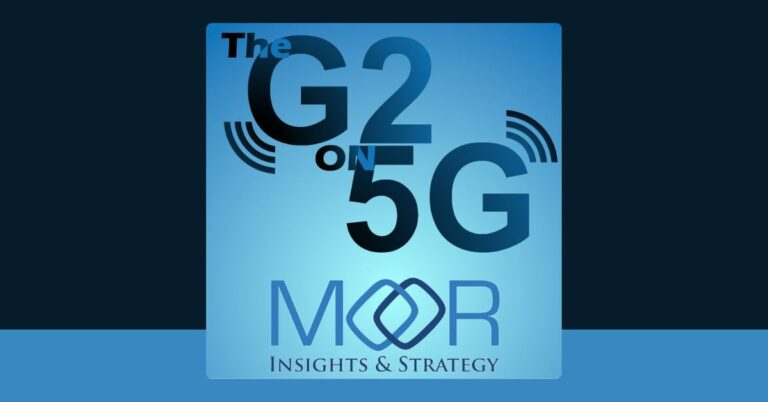Barcelona-based Sateliot has announced the launch of its GroundBreaker satellite, the first in a constellation of 250 low Earth orbit (LEO) satellites designed to bolster terrestrial 5G Internet of Things (IoT) applications. Launched via a SpaceX Falcon 9 rocket from California, the first 64 satellites of the constellation are scheduled to be in orbit within the next 18 months.
The project’s goal is to combine satellite and terrestrial cellular-based connectivity to improve IoT coverage. Sateliot’s LEO constellation will serve as space-based cell towers, enabling users to switch seamlessly between terrestrial and non-terrestrial 5G networks without additional hardware. The company has established roaming agreements with telecoms network operators, allowing users to keep their existing SIM cards and mobile operators.
Sateliot envisions the project as a catalyst for massive IoT adoption worldwide, although the impact will be gradual, with GroundBreaker being the first of many planned satellite launches. The company claims GroundBreaker can provide global coverage, but a larger constellation is required to create orbiting cell towers that deliver comprehensive 5G coverage on Earth.
GroundBreaker is a 22 lbs nano-satellite capable of covering an area three times the size of Texas at any given time. It can complete a full Earth orbit in 90 minutes and features an onboard module that allows direct NB-IoT connection for any 5G device supporting Rel 17 NTN, the 3GPP’s non-terrestrial network standard.
Currently, Sateliot targets the maritime, railway, aeronautics, and automobile industries, offering surveillance services to help save money on lost cargo. The company also highlights its ability to provide safe drinking water to 43 million Americans through water monitoring, referring to its recent deal with Gospace Labs.
The key to Sateliot’s success will be forging partnerships and convincing potential customers to integrate satellite connectivity into their IoT offerings. While this may be an easier sell in hard-to-cover areas, pricing will be crucial. Satellite-based connectivity has become more affordable, but the financials must still be attractive to customers.
Sateliot reports progress, with deals secured with global telecoms operators and other companies, and a sales pipeline exceeding €1.2 billion. The company aims to reach €1 billion in billing and €370 million in EBITDA by 2026. If successful, more Sateliot launches and significant customer announcements are expected in the coming months.



























































